Keywords: Concern Australia
There are more than 200 results, only the first 200 are displayed here.
-
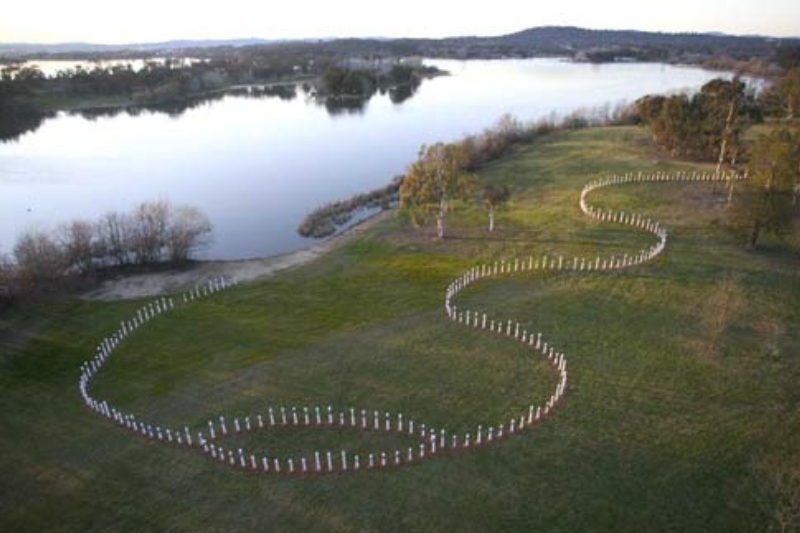
INTERNATIONAL
- Binoy Kampmark
- 01 November 2021
38 Comments
Two decades ago, an Indonesian vessel given the name SIEV X sank with loss of life that should have caused a flood of tears and a surge of compassion. Instead of being seen in humanitarian terms, the deaths of 353 people became a form of rich political capital, placed in the bank of opportunism to be amortised at a federal election.
READ MORE 
-
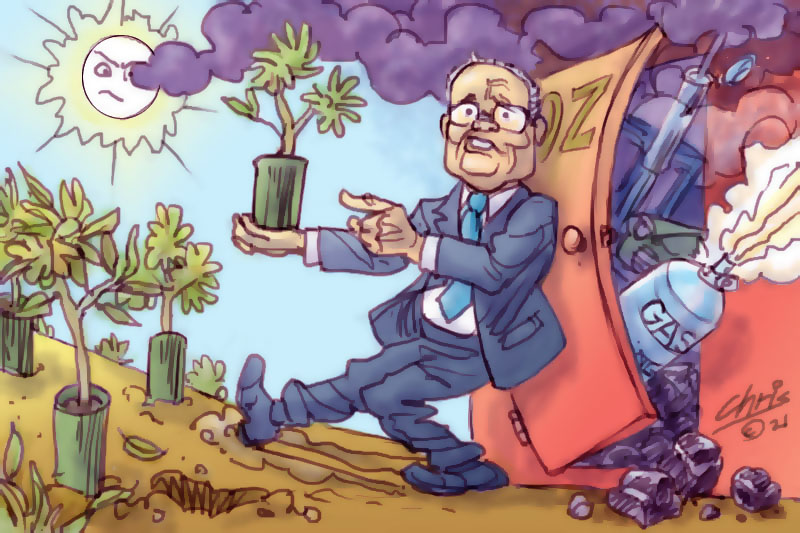
ENVIRONMENT
- Greg Foyster
- 18 October 2021
16 Comments
In July this year the UN ranked Australia dead last out for climate action out of more than 170 countries surveyed. Yes, our federal government’s climate policies are literally the worst in the world. But while Australia is a global laggard in reducing pollution, we’re something of a leader in covering up this failure and getting away with it.
READ MORE 
-

RELIGION
One might submit that a Plenary Council is a cumbersome instrument to ascertain the genuinely representative views of the Catholic Church in Australia. Many of the canonical strictures regarding the membership, agenda and process of the Council will dampen the original enthusiasm for the Council that provoked over 17,500 submissions.
READ MORE 
-
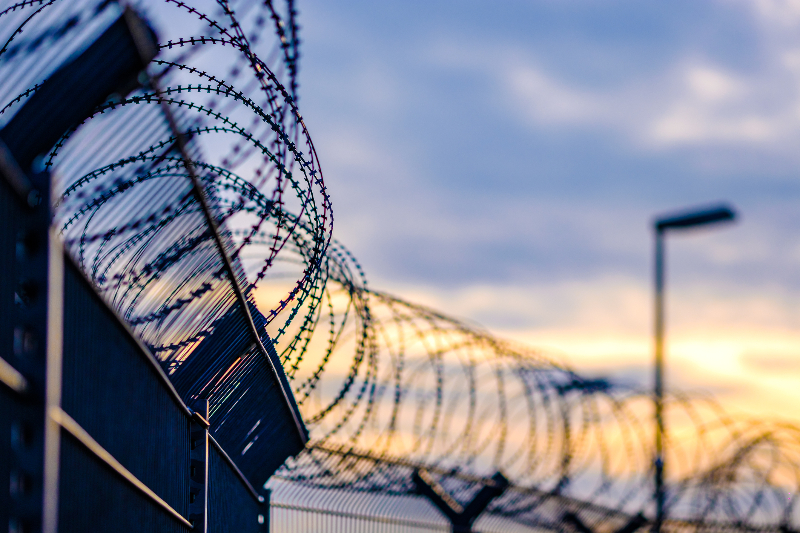
AUSTRALIA
- Andrew Hamilton
- 28 July 2021
9 Comments
The tidal movement from treating children as persons each with their own dignity, and worthy of respect and of encouragement to a good future, to treating them as adult and incorrigible criminals worthy only of punishment is both irrational and injurious of society as well as of the children themselves. Yet it is deeply rooted in the mindset of all Australian Governments.
READ MORE 
-
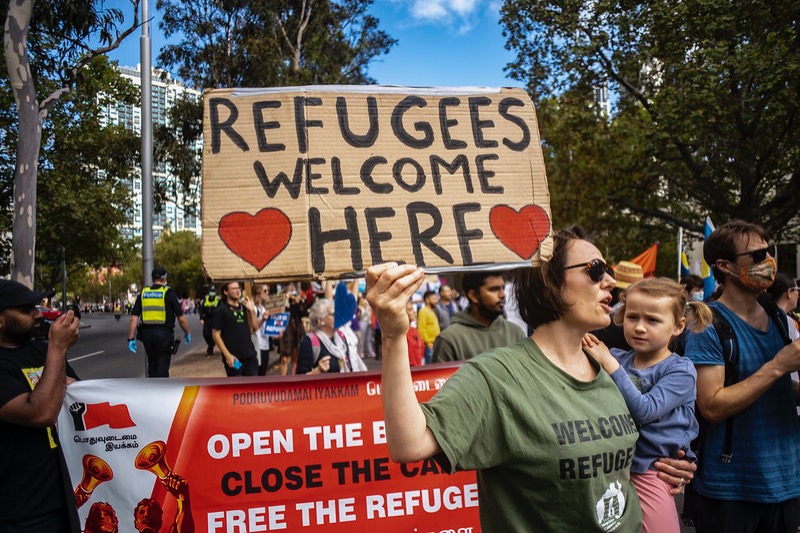
FAITH DOING JUSTICE
- Vincent Long Van Nguyen
- 24 June 2021
15 Comments
With the average length of detention in Australia now at an historic high, it is timely to review how immigration detention is used. It should be a last resort that is used for the shortest practicable time so that people who pose little risk to the community are not unnecessarily deprived of their liberty, and that they are able to contribute to the community.
READ MORE 
-
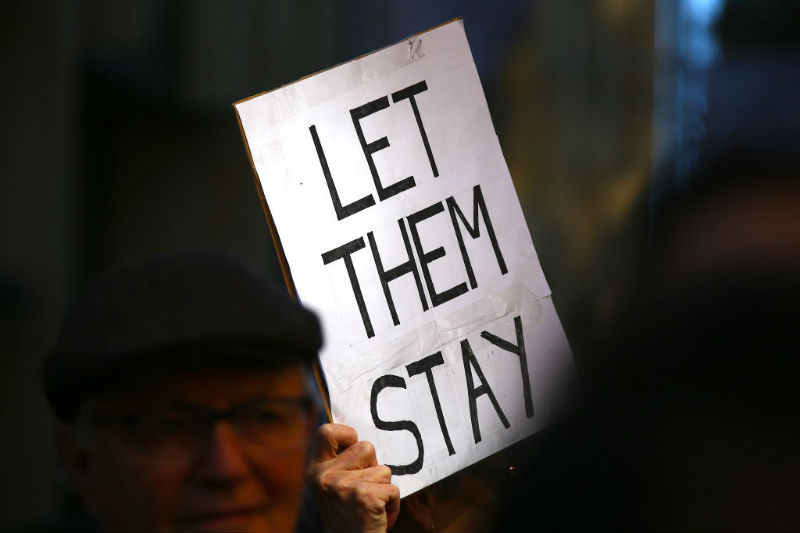
AUSTRALIA
- Andrew Hamilton
- 17 June 2021
23 Comments
The present climate offers little encouragement for people anyone who cares for refugees and wants to press their cause. It would be rash to think that things will change soon.
READ MORE 
-

EDUCATION
The tertiary level is designed to promote change and innovation. If there is no tertiary level, there is no growth in our understanding of global religious systems, and no emerging individuals who possess critical thinking skills and historical knowledge of these systems. Without these individuals, there’s a risk that religious institutions will become more insular, regressive, disconnected and, most disastrously, unchecked.
READ MORE 
-
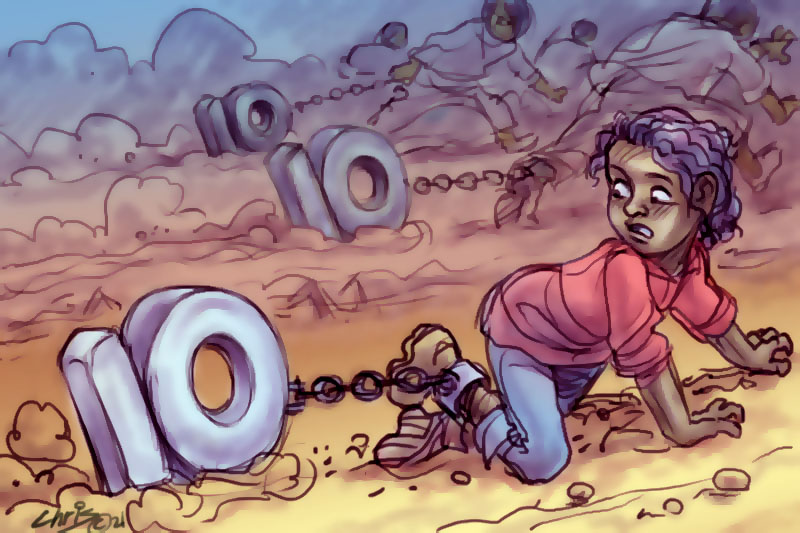
AUSTRALIA
- Celeste Liddle
- 15 June 2021
9 Comments
Those two little boys turn ten this year, reaching a milestone most Australians celebrate simply as reaching 'double figures'. Yet with these double figures comes a new threat most Australians aren’t aware of: they will also reach the age of criminal responsibility.
READ MORE 
-
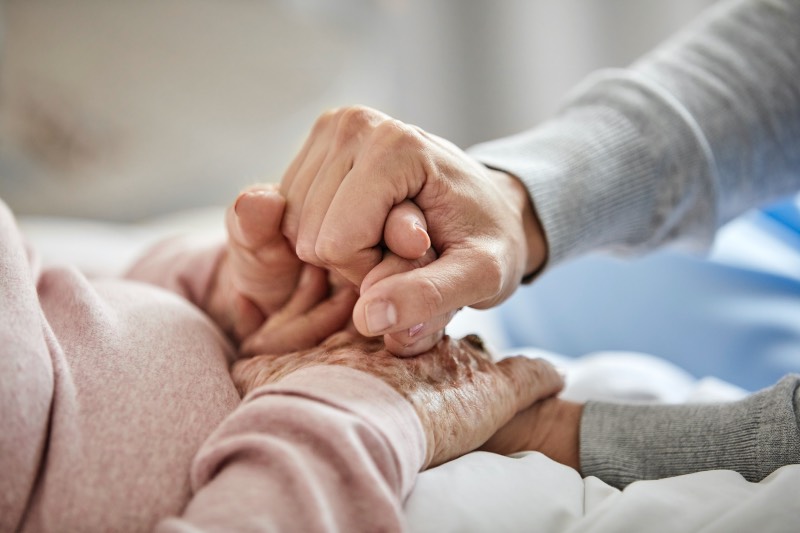
AUSTRALIA
In legislatures around Australia at present euthanasia is a staple item. It is vital that euthanasia legislation ought to balance the liberty of the invulnerable against the safeguarding of the vulnerable, especially the elderly and people with disabilities.
READ MORE 
-

AUSTRALIA
- Margaret Somerville
- 03 June 2021
80 Comments
The case against euthanasia is much more difficult to promote, not because it is weak — it is not — but because it is much more complex.
READ MORE 
-

AUSTRALIA
- Margaret Somerville
- 03 June 2021
9 Comments
No one on either side of the debate wants to see people suffer and the euthanasia debate is not about if we will die — we all will at some point. The debate is about how we will die and whether some ways of dying, namely euthanasia, are unethical and dangerous, especially to vulnerable and fragile people, and destructive of important shared values on which we base our societies.
READ MORE
-
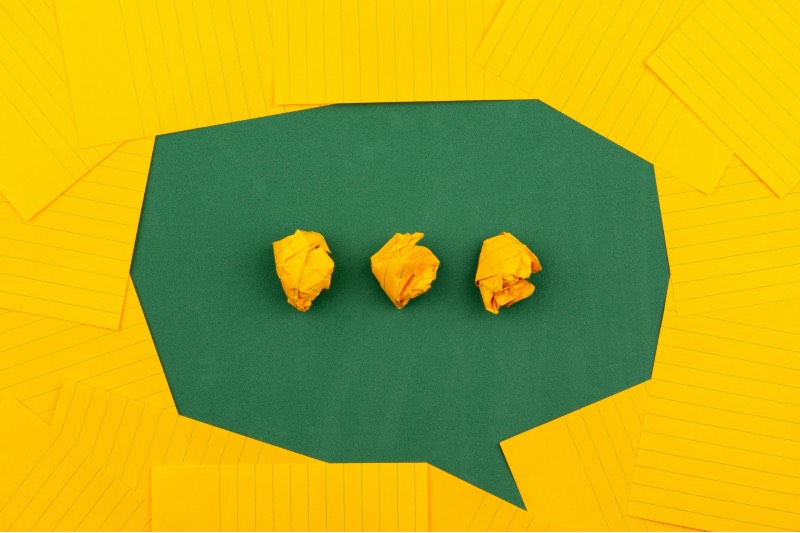
AUSTRALIA
- John Warhurst
- 20 May 2021
38 Comments
Modern Australian society is infected with imported terms. The list includes political correctness, identity politics, culture wars, woke and virtue signalling. They are often not used in a neutral fashion, but to denigrate the legitimate views and opinions of others.
READ MORE 